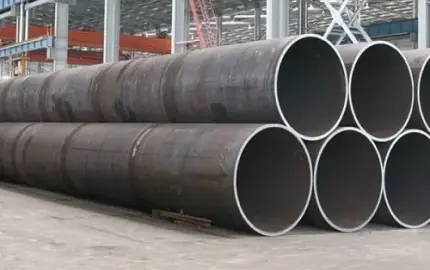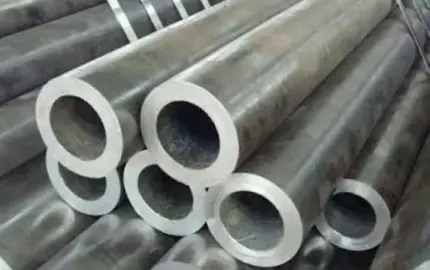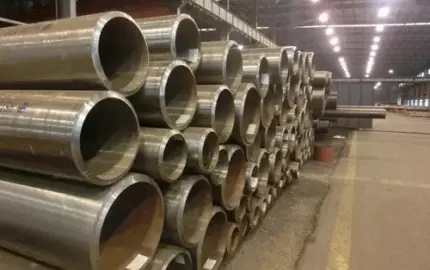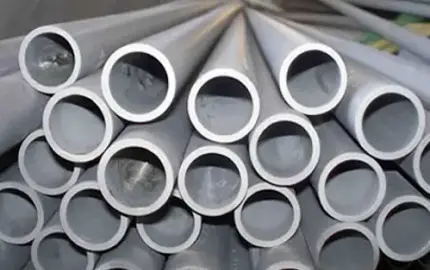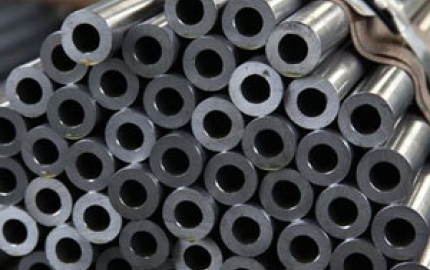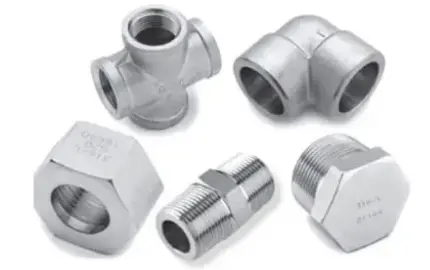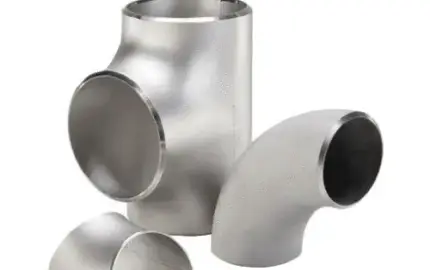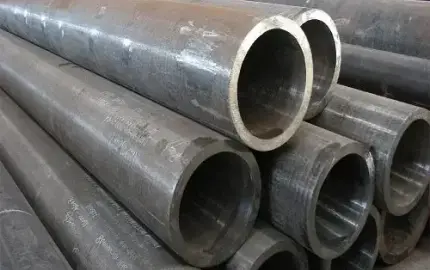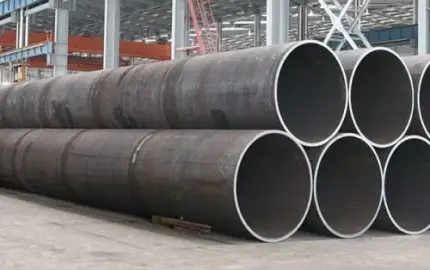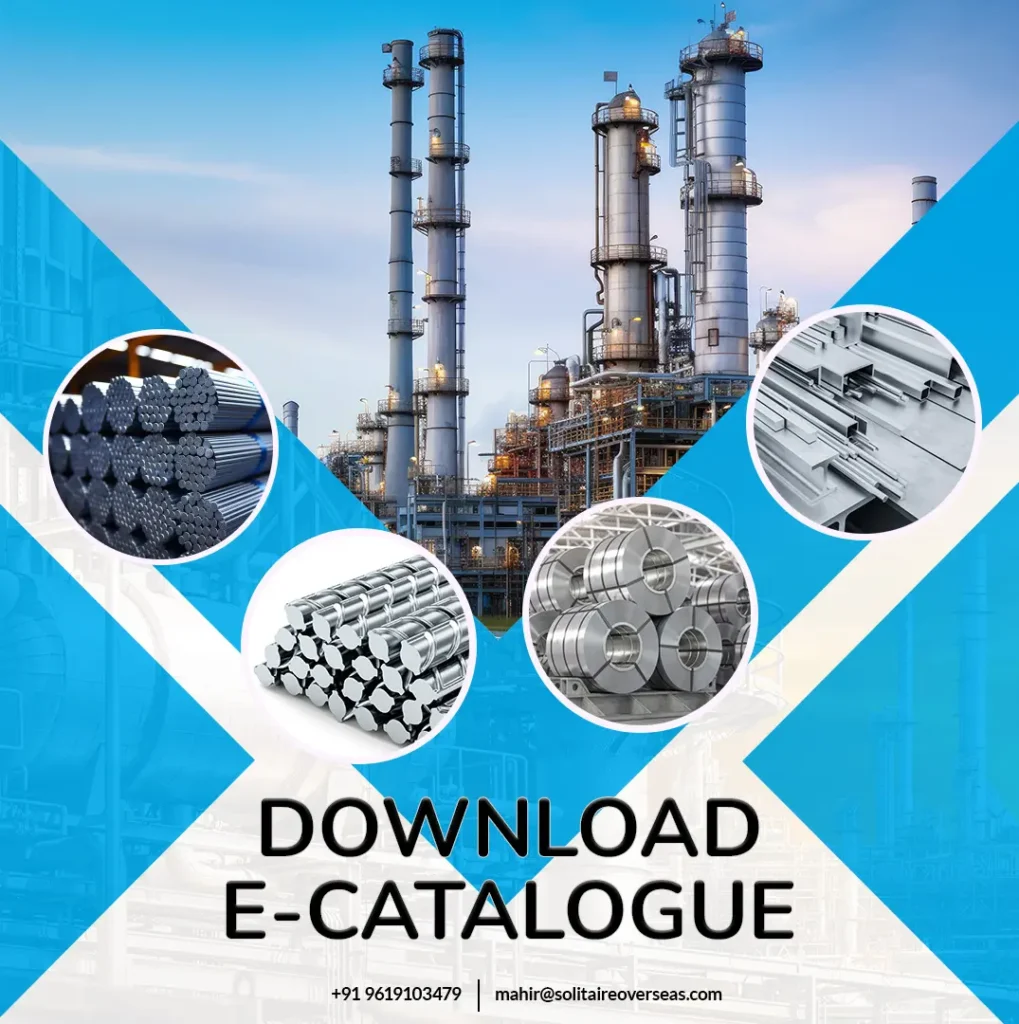Alloy Steel Products Suppliers
Alloy Steel Suppliers, Alloy Steel Composition, Alloy Steel uses, Alloy Steel Applications
Alloy Steel Products, Alloy Steel Products Manufacturers, Alloy Steel Manufacturers In India, Alloy Steel Suppliers, Alloy Steel Products Exporter, Alloy Steel Composition, Alloy Steel Grades, Alloy Steel Products Lists, Alloy Steel Pipe, Alloy Steel Fittings
Solitaire Steel is your premier destination for high-quality alloy steel products. As one of the leading alloy steel manufacturers and suppliers in India, we take pride in delivering excellence and reliability in every product we offer. Our extensive range of alloy steel products includes pipes, fittings, flanges, components, round bars, and more. With a careful focus on quality and precision engineering, we ensure that our products meet the highest industry standards.
At Solitaire Steel, we understand the importance of offering a comprehensive lineup of alloy steel grades to meet various requirements. Our products are crafted using the finest alloy steel compositions, ensuring durability, strength, and performance in every application. Whether you need alloy steel products for construction, manufacturing, or industrial applications, we have you covered.
As trusted alloy steel suppliers, we adhere to stringent quality control measures throughout the manufacturing process to guarantee the reliability and consistency of our products. In addition to serving the domestic market, we are also proud alloy steel products exporters, extending our reach to global markets. Our commitment to excellence and dedication to customer satisfaction has established us as a preferred choice for alloy steel products suppliers worldwide.
Whether you’re in search of alloy steel pipes, fittings, or any other product on your list, Solitaire Steel is your reliable partner for premium quality alloy steel solutions. Contact us today to learn more about our offerings and to get a free quotation.
What is Alloy Steel?
Types of Alloy Steel Products
Alloy Steel Composition
The composition of alloy steel can vary greatly depending on its type and intended use. Alloy steels generally consist of a base of iron combined with other elements like carbon, manganese, nickel, chromium, molybdenum, and vanadium. These elements are added in specific proportions to enhance the steel’s mechanical properties.
The unique combination of these elements determines the steel’s characteristics, such as strength, hardness, and resistance to corrosion and wear. For instance, adding chromium to steel significantly boosts its corrosion resistance, while molybdenum enhances its strength and hardness. Similarly, nickel improves toughness, and vanadium increases wear resistance and durability.
Each type of alloy steel must adhere to particular chemical composition standards to be classified accordingly. For example, high-strength low-alloy (HSLA) steel and stainless steel have distinct composition criteria. These standards are established by international bodies like the American Iron and Steel Institute (AISI) and the International Organization for Standardization (ISO), ensuring consistency and quality across different applications and industries
Element | Symbol | wt. % | Function |
Aluminium | Al | 0.95–1.30 | Alloying element in nitriding steels |
Bismuth | Bi | – | Improves machinability |
Boron | B | 0.001–0.003 | Improves hardenability |
Chromium | Cr | 0.5–2.0 | Improves hardenability |
4–18 | Corrosion resistance | ||
Copper | Cu | 0.1–0.4 | Corrosion resistance |
Lead | Pb | – | Improves machinability |
Manganese | Mn | 0.25–0.40 | Prevents brittleness in combination with sulfur |
>1 | Increases hardenability | ||
Molybdenum | Mo | 0.2–0.5 | Inhibits grain growth |
Nickel | Ni | 2–5 12–20 | Increases toughness Improves corrosion resistance |
Silicon | Si | 0.2–0.7 | Increases strength and hardenability |
2 | Increases yield strength (spring steel) | ||
Higher % | Increases magnetic properties | ||
Sulfur | S | 0.08–0.15 | Improves machinability (free-machining steel properties) |
Titanium | Ti | – | Reduces martensitic hardness in Cr steels |
Tungsten | W | – | Increases hardness at high temperatures |
Vanadium | V | 0.15 | Increases strength while maintaining ductility, promotes fine grain structure |
Alloy Steel Products Applications
Alloy steel is a versatile material known for its enhanced properties, making it suitable for a wide range of products and applications.
Plate: These are flat, rectangular sheets of alloy steel that are thicker than standard sheet metal. They are used in applications requiring high strength and resistance to wear, such as machinery construction and pressure vessels.
Pipe: Alloy steel pipes are cylindrical tubes used for transporting liquids and gases. They are preferred for their superior strength and corrosion resistance compared to carbon steel pipes, making them ideal for harsh environments.
Sheet: Thin, flat alloy steel sheets are widely used in the construction of machinery, automotive parts, and consumer products. Their versatility and ease of fabrication make them popular in various industries.
Bars: Available in different shapes, sizes, and grades, alloy steel bars are used in construction, manufacturing, and machinery applications due to their strength and durability.
Flanges: Alloy steel flanges are used to connect pipes, valves, pumps, and other equipment, forming a piping system. They come in various sizes, ranging from 1/2 inch to 48 inches in diameter, and are used in industries like oil and gas, offshore drilling, petrochemical, petroleum, and power generation.
Forgings: These are made by heating alloy steel and shaping it into the desired form using a forge. Forgings are commonly used in manufacturing heavy-duty machinery components due to their enhanced strength and durability.
Wire: Alloy steel wire is used in many applications, including the production of springs, wires, and ropes. Its strength and versatility make it suitable for numerous industrial uses.
Castings: Created by pouring molten alloy steel into molds, castings are used in the production of engine blocks, gears, and other high-stress components. They can withstand significant mechanical loads.
The choice of alloy steel product depends on the specific requirements of the application, such as the need for strength, corrosion resistance, or heat resistance.

